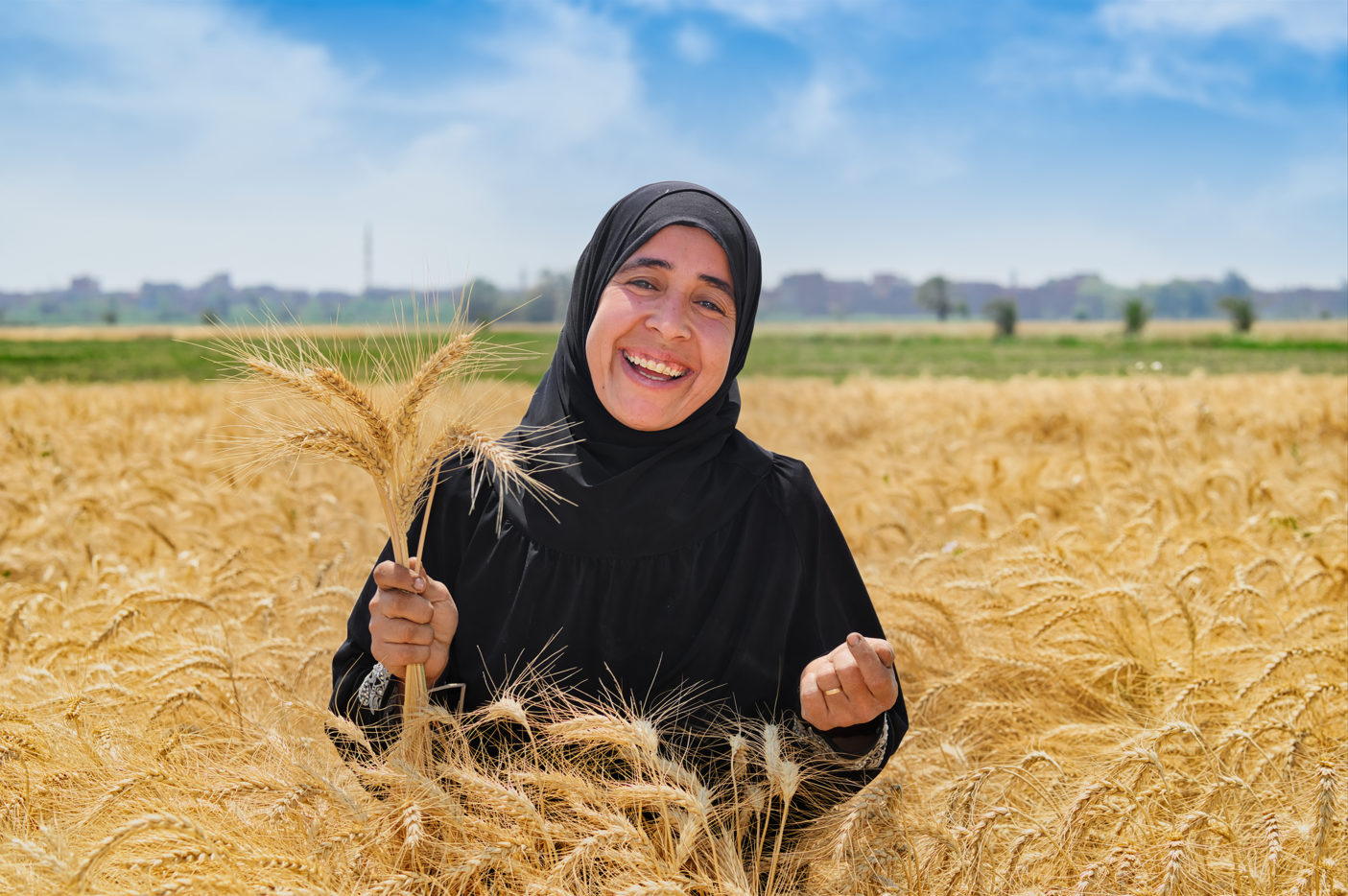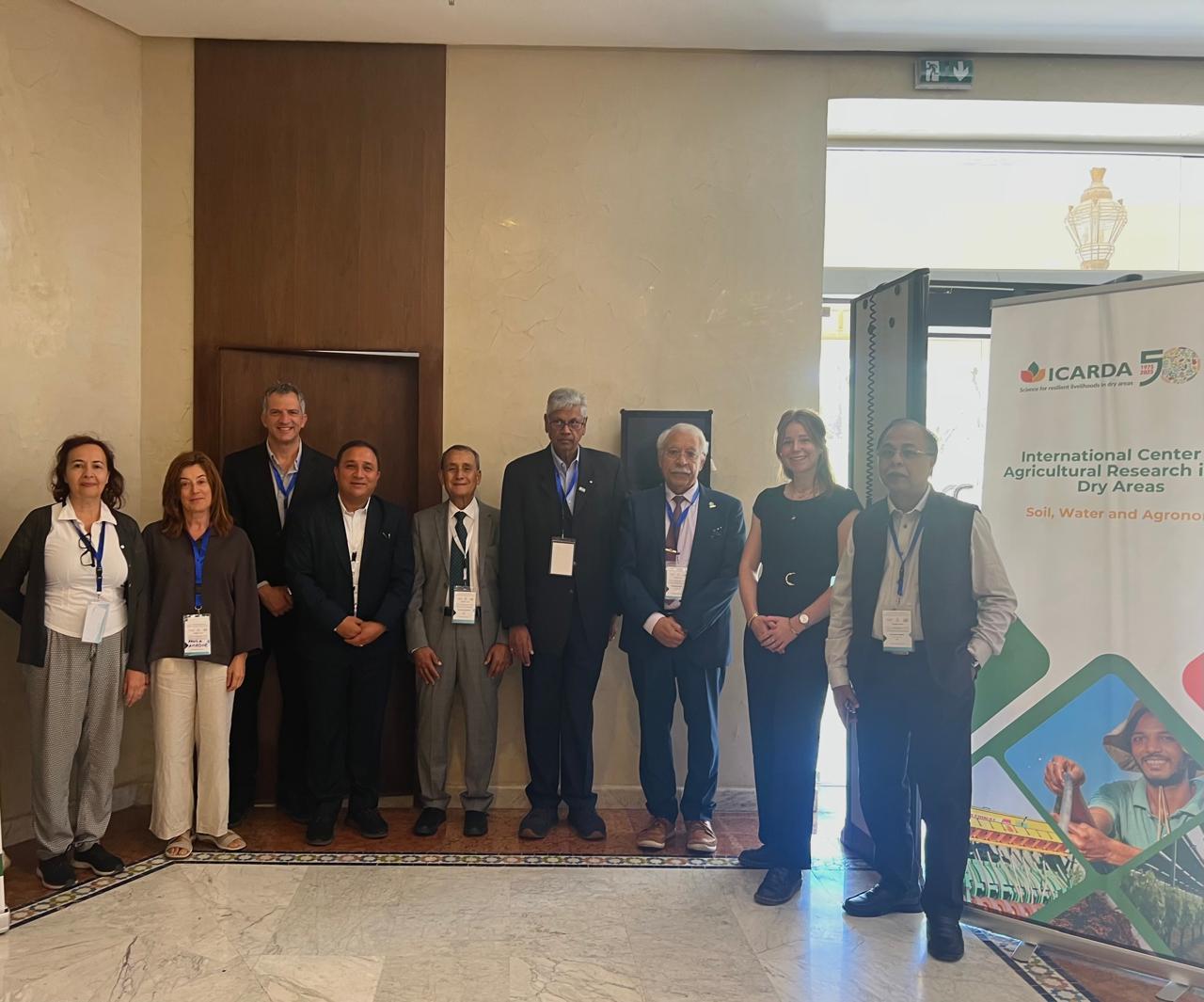Water for Dryland Peace
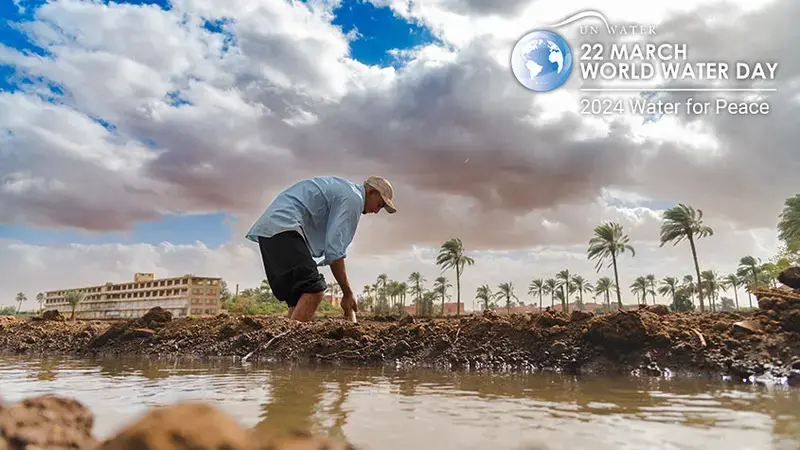
A World Water Day op-ed By Vinay Nangia, ICARDA's Team Leader for Soil, Water, and Agronomy
World Water Day is a day to come together around a resource that we all share in common. But for dryland communities enduring conflicts, it is seldom simple.
Water is the main limitation to most economic activities in the drylands of Central and West Asia, North Africa (CWANA), and the Middle East regions where ICARDA works. Dryland communities’ agricultural productivity and overall well-being are closely tied to their water availability and access. Amid conflict, water also determines the potential for recovery.
This has been the case throughout history, but climate change exacerbates the limitations: a dry year can turn fragility into catastrophe. Adaptation to climate change is a pivotal tool for peace, helping communities survive, end, and bounce back from conflict. If climate change mitigation is all about oil, gas, and coal, then adaptation is about water.
Water beyond conflict
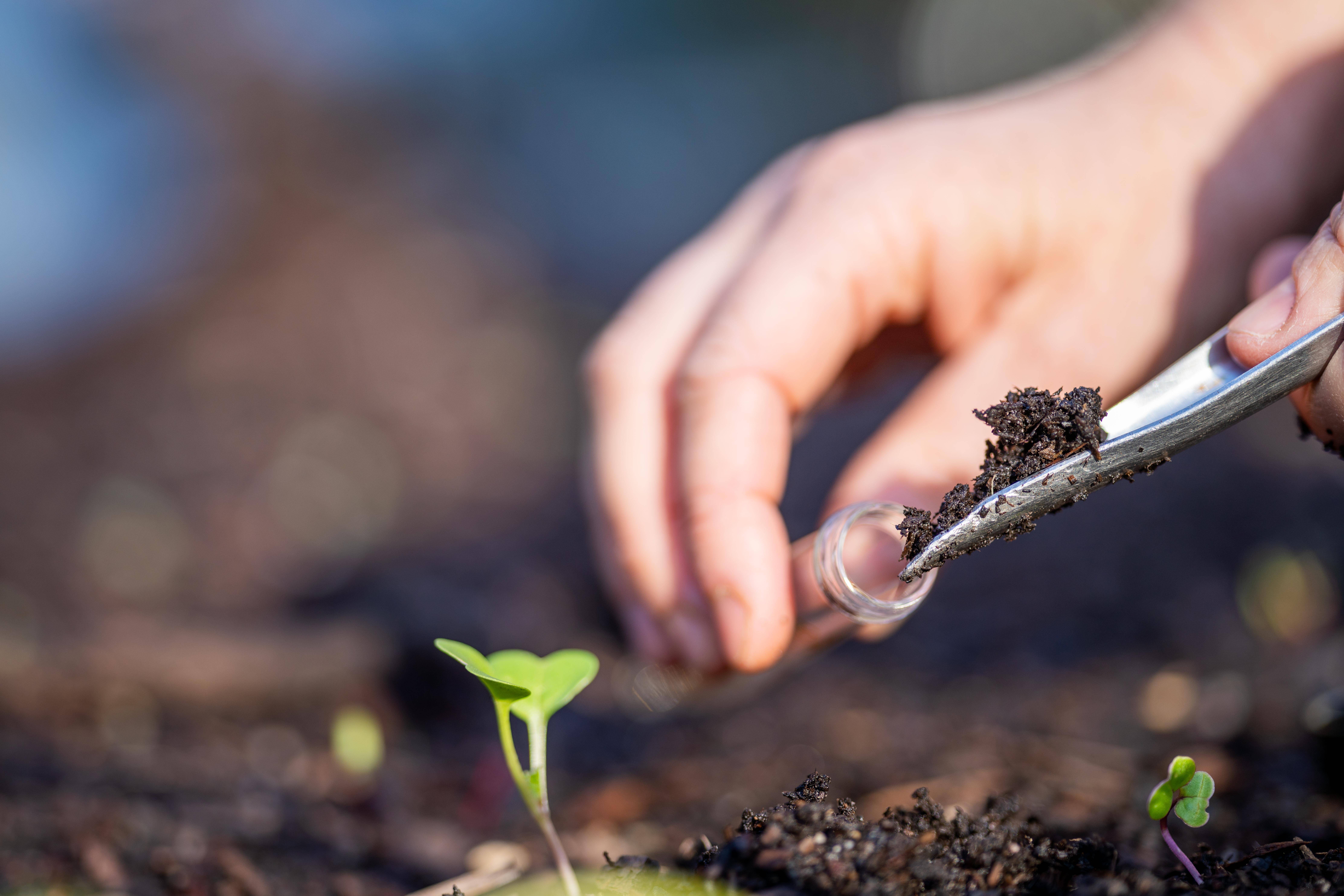
ICARDA’s water-saving innovations and research on alternative water resources are helping bridge the expanding gap between water supply and demand for communities throughout dry areas. We have a historic commitment to such research to support conflict-affected people, innovating and developing capacity, and sharing new knowledge that empowers struggling communities to rebuild their lives with dignity.
Since 1977, ICARDA has supported communities in a region with the most conflict-affected countries in the world. Over many years we have generated agricultural science in Afghanistan, Iraq, Libya, Palestine, Sudan, Syria, and Yemen, conducting training programs and knowledge-sharing activities with national researchers, ensuring expertise takes root so dryland communities survive conflict and thrive in peace.
Water way to go.
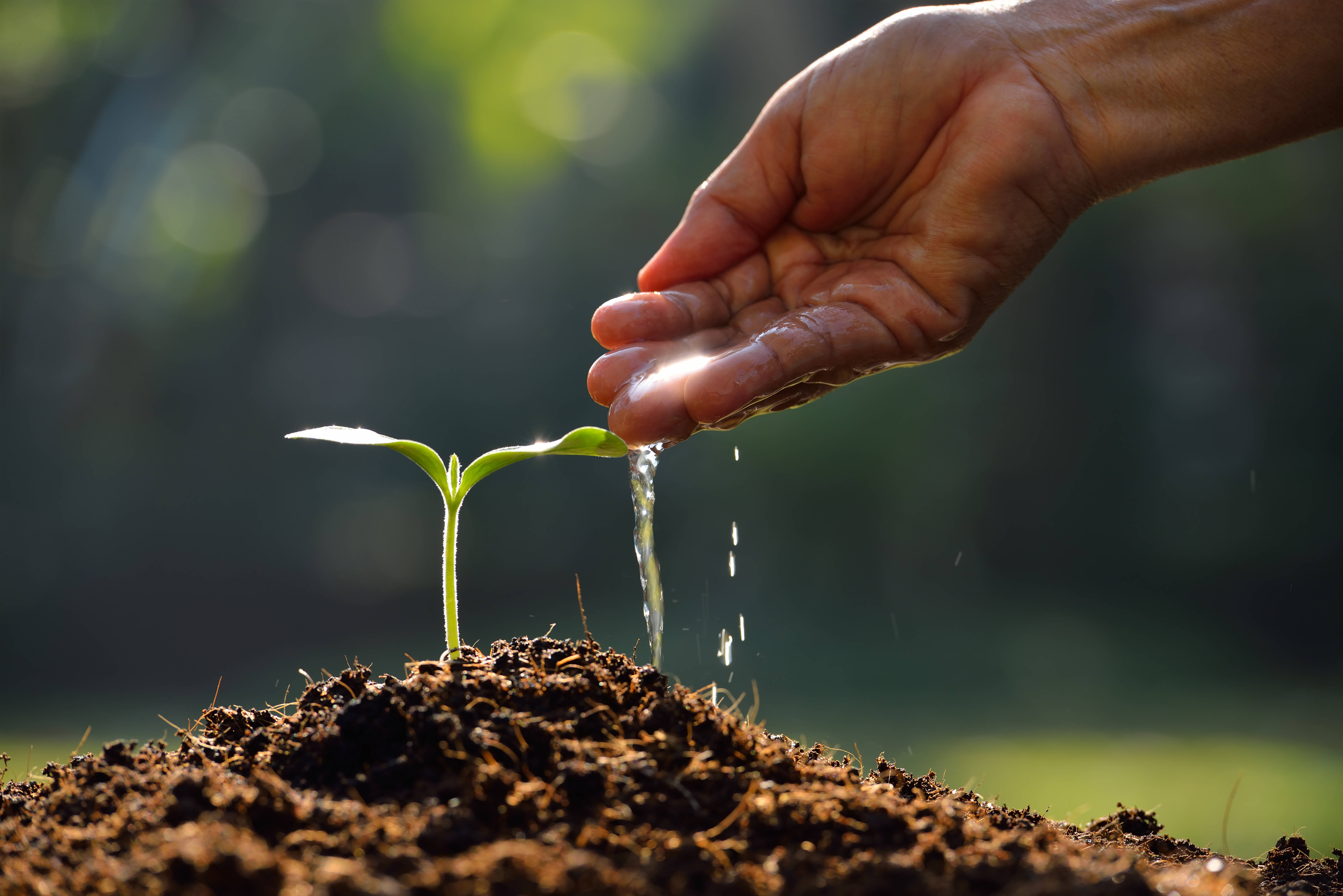
From 1977 until 2012, ICARDA was headquartered in Aleppo, Syria, until conflict compelled the center to decentralize its operations across CWANA and the Middle East. But in recent years the continuing fragility of rural life and livelihoods in the country has brought us back to hold training courses for communities, researchers, and policymakers, focusing on sustainable water management and conservation agriculture, both first steps in agricultural rehabilitation.
Yemen is another country where a decade of conflict has left rural communities with daunting challenges and little support to face water insecurity. From 2014 to 2017, ICARDA applied geo-informatics and satellite imageries of the country to track a decline in crop production. Armed with this data, Yemen is now included in an Arabian Peninsula-wide project to deploy integrated systems that maintain production while conserving water, and an even larger food security project on which agricultural research institutes in 10 CWANA countries collaborated from 2011 to 2023, developing foundations in durable, water-smart farming methods.
Sustaining olive branches
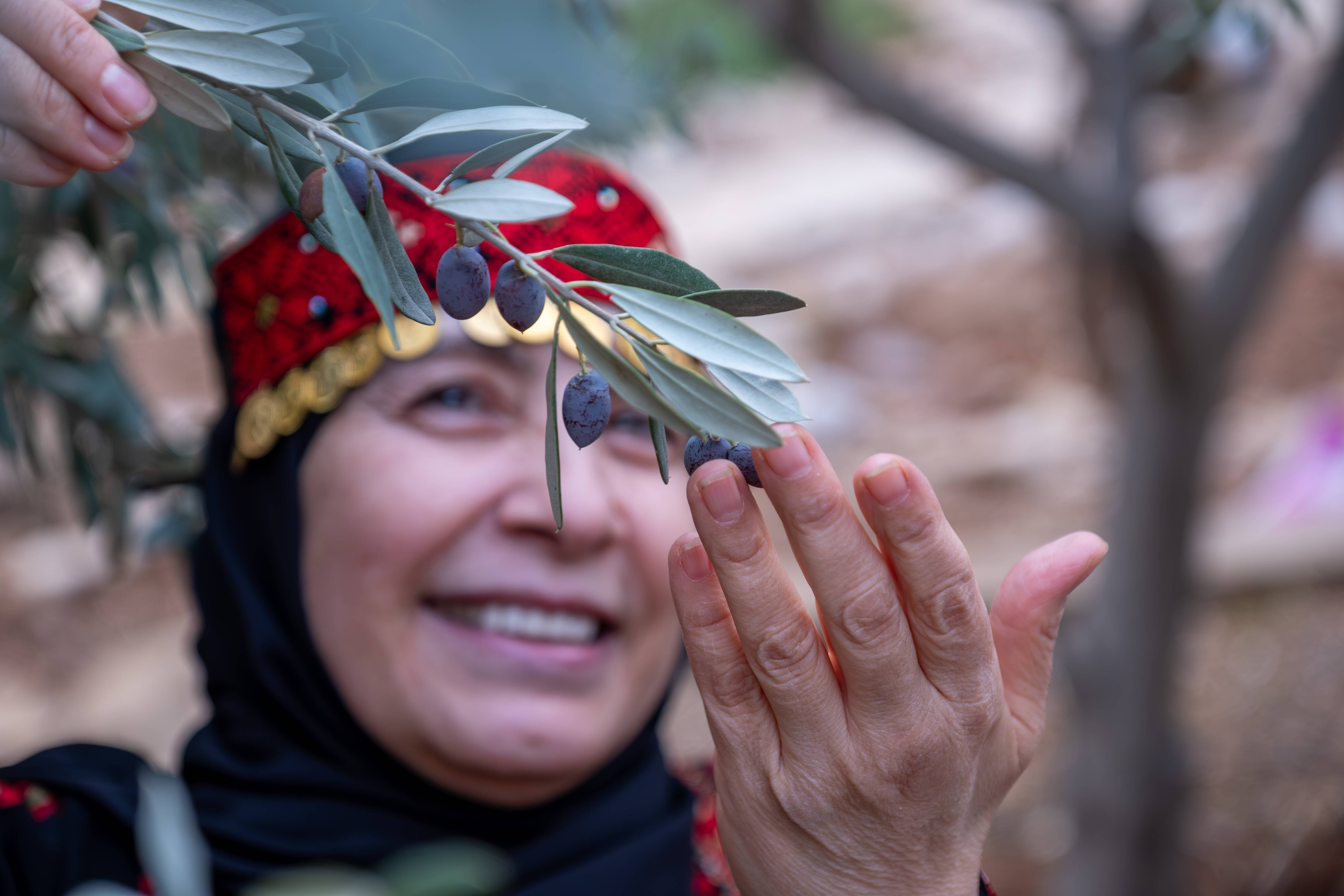
One of our fastest-growing regional breakthroughs has been the establishment of the first regional network for rigorous field measurements of evapotranspiration – how much water from crops and soil returns to the atmosphere – key data to guide water management under hot and dry conditions. Palestine was welcomed into the network in 2022, which raised the prospect of giving this highly technical measurement work a new and consequential role in maximizing the adaptive capacity of conflict-affected farmers. While hindered in Palestine, the network is now expanding to post-conflict Syria and an unstable Yemen.
ICARDA researchers have also been working with the Palestinian National Agricultural Research Center since 1999 to create a vibrant agricultural innovation system and ensure the resilience of the agricultural sector. Recent research focused on the potential of the sustainable micro rainwater harvesting technique to solve water shortages for entirely rainfall-reliant Palestinian olive farming communities. This has been part of a project to pilot and scale out a range of in-situ water harvesting approaches for olive trees, while monitoring processes in the orchard and soil for knowledge enhancement and decision support. The project is currently on hold as the conflict rages, but ICARDA stands ready to reactivate our work, along with probably other support and rehabilitation research, when the time is right.
Knowledge that grows with the land
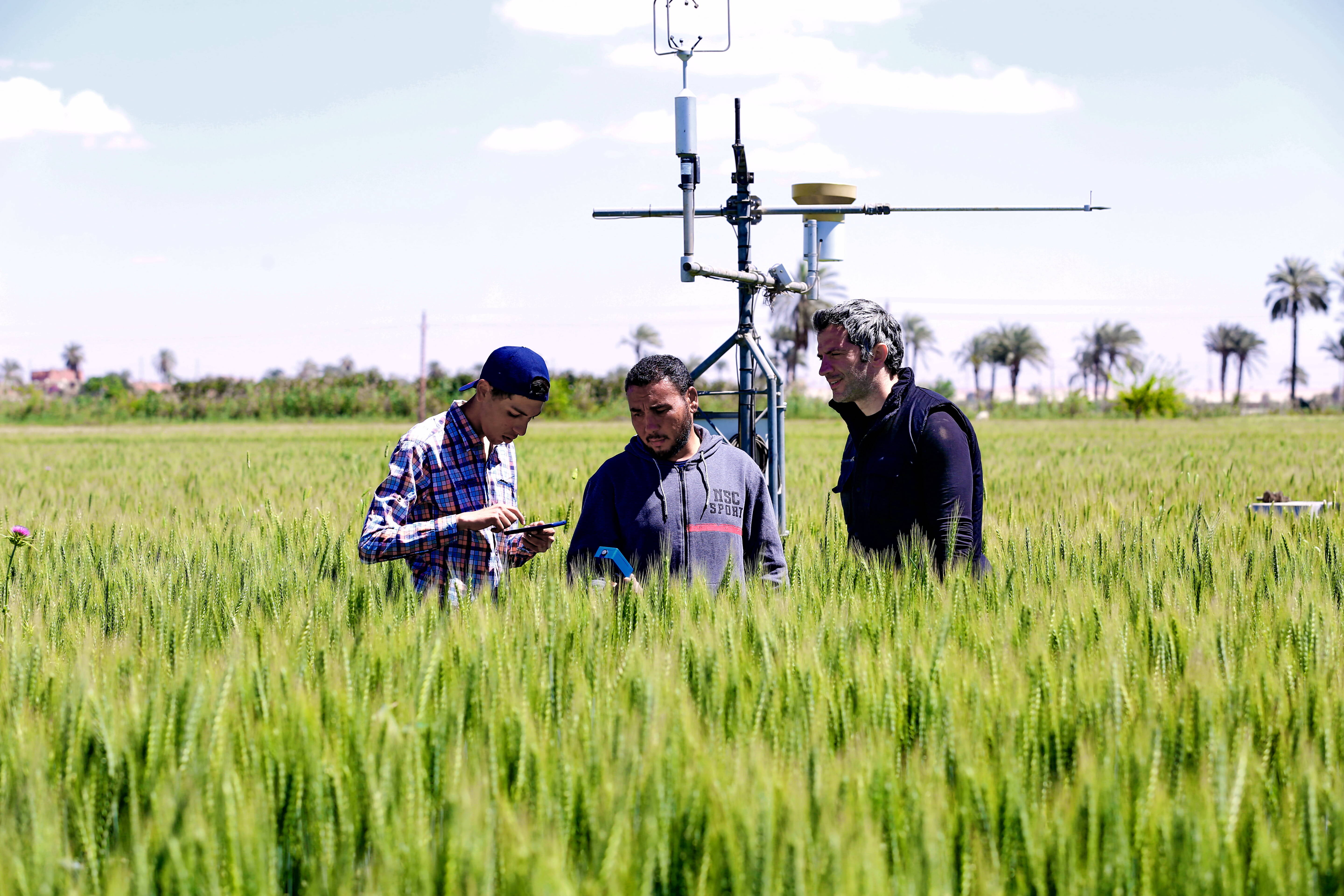
Our hope is that by building the capacity of communities and researchers, even where conflict exists or has passed through and climate change rages, innovations will persist and form a durable base for a future resilient rural life. Such agricultural security is a vital step to security even in countries where ICARDA is no longer significantly present. ICARDA established an office in Afghanistan in 2002 and worked with Afghan farmers and herders on a series of initiatives. These included projects on water catchment management and better forage options for water-scarce landscapes. Research findings from these projects show how best to harvest rainwater and establish vegetation for communities in Afghanistan’s north and inform similar projects region-wide.
In Iraq, long-running challenges are not only conflict and water supply, but also devastating soil salinity – which renders 25,000 hectares of farmland a year unproductive in the country’s ancient but fragile breadbasket region. Our action has been ongoing, and in 2019 a study to understand and mitigate salinity impacts on wheat farming earned ICARDA researchers Dr. Mohammed Jabar Abdulradh, Boubaker Dhehibi, Osamah K. Jbarra and Kamel Shideed, Iraq’s first Award of Agricultural Development. Such awards raise the visibility of the work, as well as the plight of communities, helping them live peaceful, secure, and prosperous lives in their homelands, reducing unemployment, and removing a key driver of migration. Meanwhile, ICARDA’s work in the country continues, with a renewed focus on the capacity development of Iraqi agricultural engineers and farmers.
DROPS OF DIPLOMACY
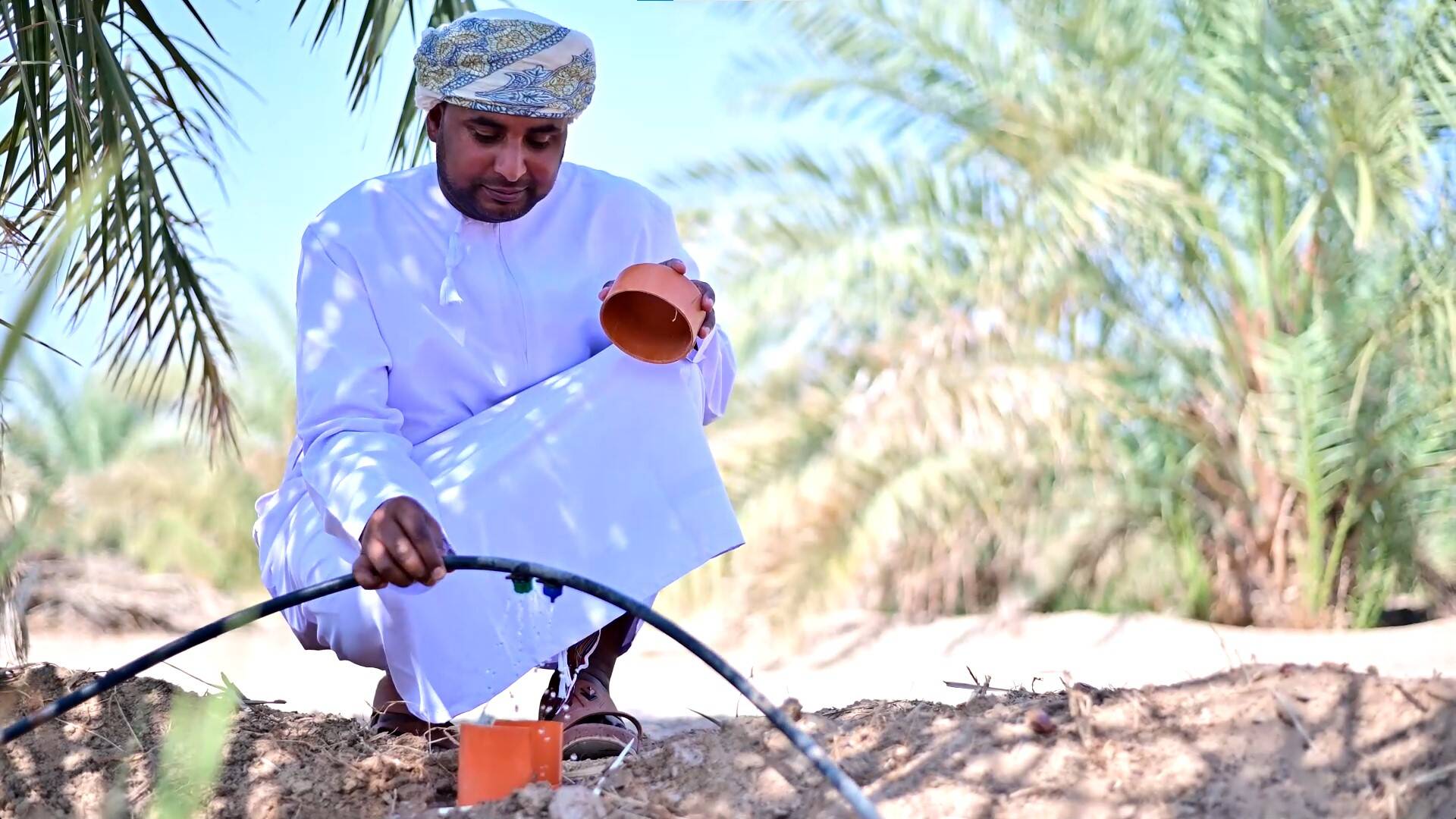
Across conflict-affected countries, our greatest focus is on building capacity to manage and make the most of water. Water resources are severely limited for communities across CWANA, and the reasons may be due to conflict, climate change, the simple facts of life in the drylands, or a complex combination of all factors. However, even limited water resources generate life. Water brings food, and prosperity, and when managed well, it brings peace.

